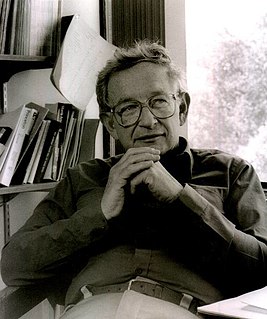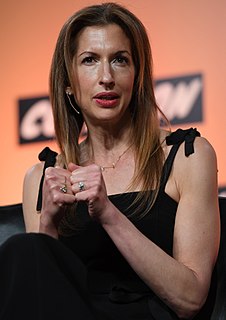A Quote by Albert Einstein
Related Quotes
It is to be remembered that all art is magical in origin - music, sculpture, writing, painting - and by magical I mean intended to produce very definite results. Paintings were originally formulae to make what is painted happen. Art is not an end in itself, any more than Einstein's matter-into-energy formulae is an end in itself. Like all formulae, art was originally FUNCTIONAL, intended to make things happen, the way an atom bomb happens from Einstein's formulae.
[On Richard P. Feynman's live demonstration of the rigidity of the O-rings when cold that doomed the space shuttle Challenger, killing seven astronauts:] The public saw with their own eyes how science is done, how a great scientist thinks with his hands, how nature gives a clear answer when a scientist asks her a clear question.
I presume that to the uninitiated the formulae will appear cold and cheerless; but let it be remembered that, like other mathematical formulae, they find their origin in the divine source of all geometry. Whether I shall have the satisfaction of taking part in their exposition, or whether that will remain for some more profound expositor, will be seen in the future.
My colleagues in elementary particle theory in many lands [and I] are driven by the usual insatiable curiosity of the scientist, and our work is a delightful game. I am frequently astonished that it so often results in correct predictions of experimental results. How can it be that writing down a few simple and elegant formulae, like short poems governed by strict rules such as those of the sonnet or the waka, can predict universal regularities of Nature?
Since I stayed in a colony where either one was an engineer or a scientist, everybody thought I would be a scientist. This was the expectation everybody had apart from my parents. Honestly, I, too, wanted to be a scientist. I think it was the way Dad would explain us scientific theories and concepts that made the subject more intriguing.
[Thomas Henry] Huxley, I believe, was the greatest Englishman of the Nineteenth Century—perhaps the greatest Englishman of all time. When one thinks of him, one thinks inevitably of such men as Goethe and Aristotle. For in him there was that rich, incomparable blend of intelligence and character, of colossal knowledge and high adventurousness, of instinctive honesty and indomitable courage which appears in mankind only once in a blue moon. There have been far greater scientists, even in England, but there has never been a scientist who was a greater man.



































